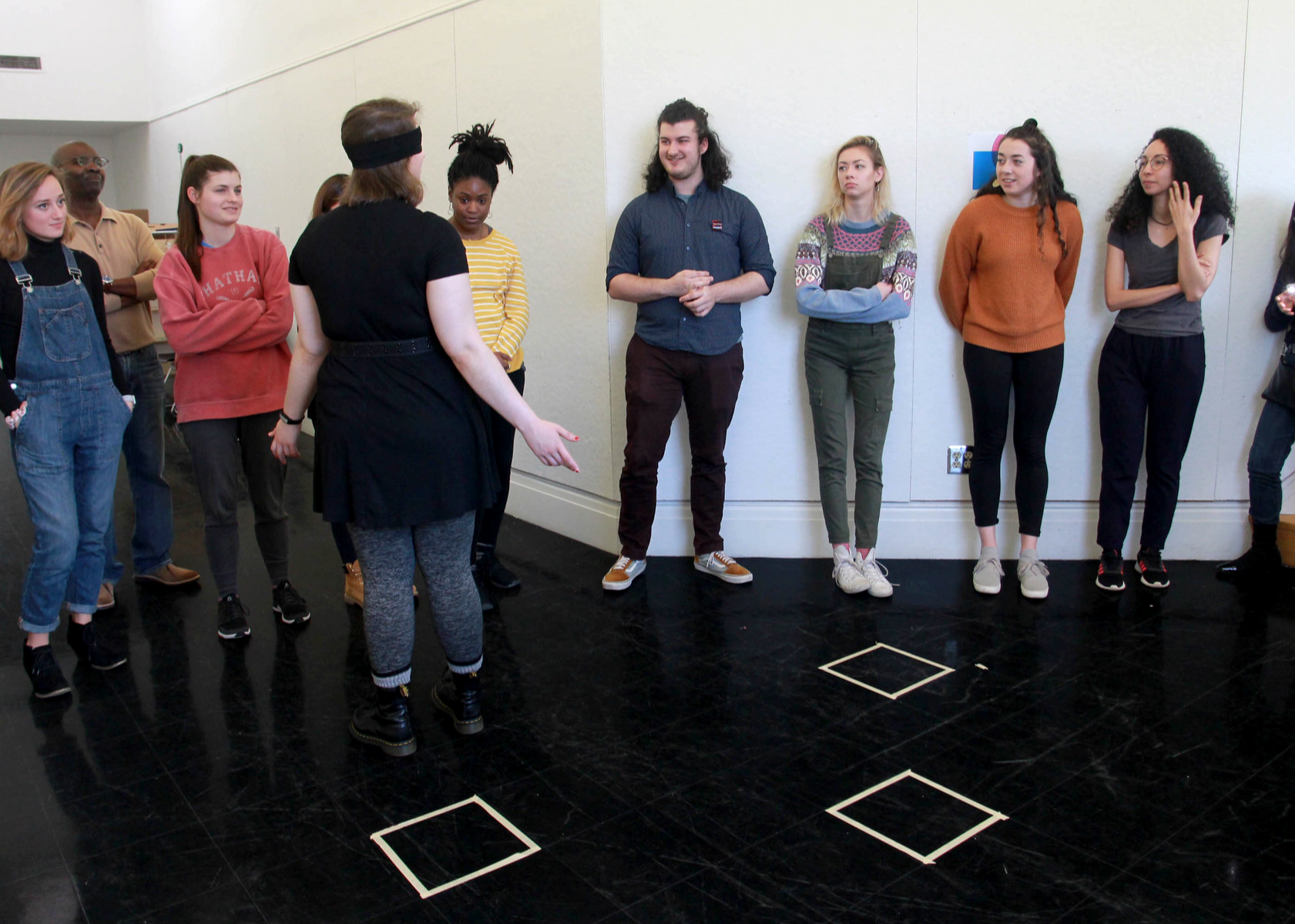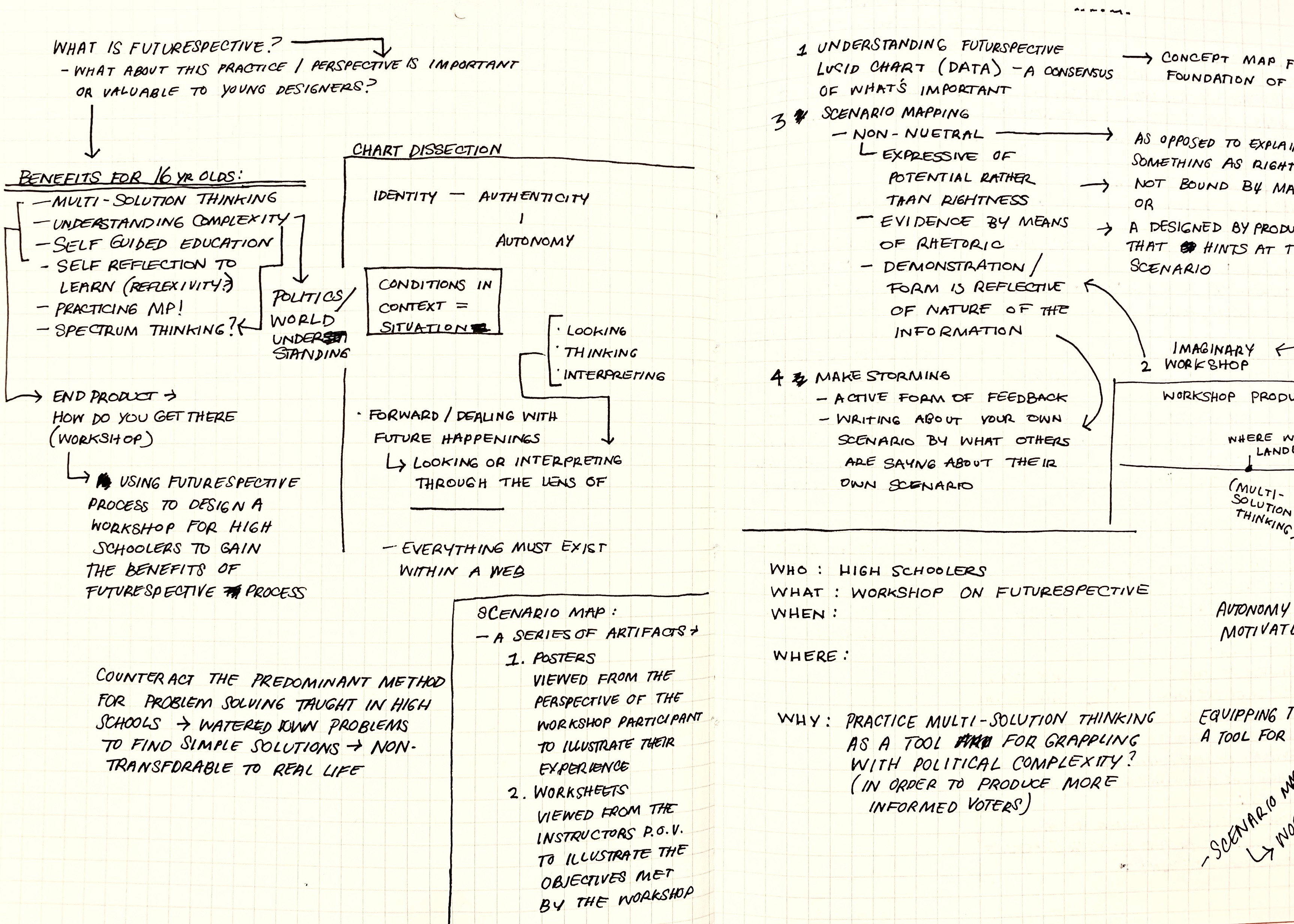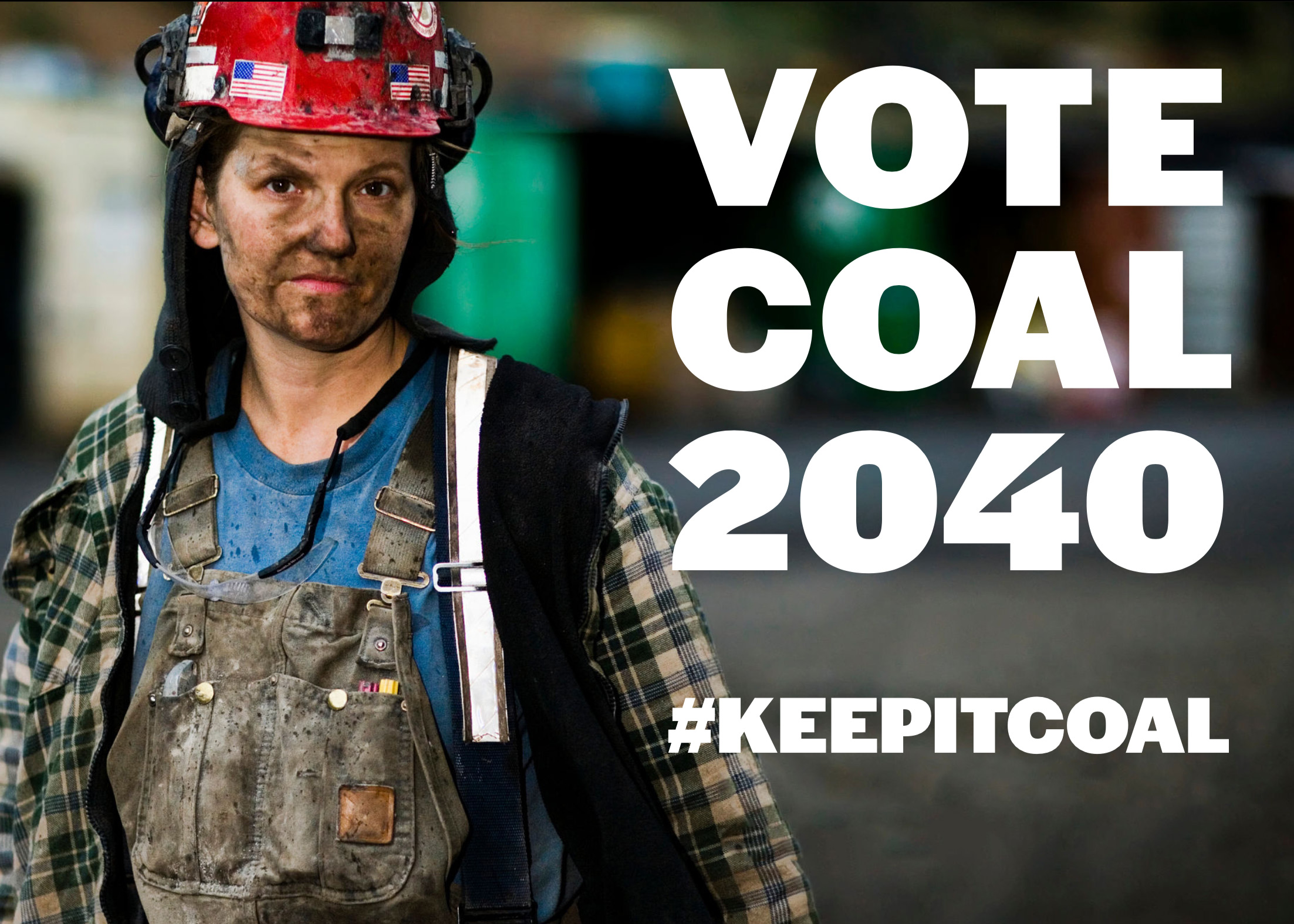Design Workshops
![]() Data Ownership Auction
Data Ownership Auction
Team: Ab Feldman — October 2020A commentary on the value of personal data, this workshop challenges its attendees to consider the price of anonymity and how well they know their peers. Each person submits recent data (location pings, purchases, and browser search history) which is then scrubbed of any identifying information and assigned a color. The codified data is then randomly sold at a "data auction." The goal: correctly identifying the most amount of people by connecting bought and accrued color-coded data with personal knowledge on the other attendees.
![]() “Revitalization:" A political divide
“Revitalization:" A political divide
November 2019This workshop used a closed card sorting method of participatory design, engaging a multidisciplinary group of students about local park development. Teams were asked to organize preselected terms into must have, could have, should have, and won't have categories depending on their opinions on adding a park to Raleigh. After sorting was completed, the teams were then informed about the planned location of the park. Planned for a low-income section of town, adding the park had the potential to further increase housing prices in the neighborhood. The groups were then asked to recategorize and add new terms according to this new information and discuss why those adjustments were made.


Inclusive Design and Technology
January 2019As a part of the symposium re:Act, Mobilizing the Everyday, I presented a lecture on mobile assistive technologies for the visually impaired. The presentation critiqued current "inclusive" technologies— explaining how they perpetuate stigmas and proposing interventions to combat them. After the presentation, attendees were invited to participate in a paired workshop that explored and challenged the limits of current technology for the visually impaired— specifically, earcons, spearcons, and other audible cues in relation to wayfinding and accessibility.
To read about the symposium as a whole, read the article published by the College of Design here.




Future-making for high school students
Team: Grace Herndon and Ashley Anderson — August 2019The goal of this workshop was to challenge high school students to understand and apply the concept of futurespective thinking— rethinking the past in the present in order to point to the future. My team decided to contextualize futurespection for high schoolers as a way to practice multi-solution thinking as a tool for grappling with political complexity to produce more informed first-time voters. The students were asked to write down a preposterous future scenario and the year they proposed it may take place. Then another student took that scenario and worked backward to the present in a series of rational steps. As a reflective exercise, the team then designed a graphic from the perspective of their future introducing their world as normal. The workshop showed the high school students the plausibility of even the craziest political possibilities.
 Data Ownership Auction
Data Ownership Auction “Revitalization:" A political divide
“Revitalization:" A political divide